A U.S. drone enthusiast’s struggle with a DJI Mavic 4 Pro replacement has exposed mounting customs challenges for DJI products entering the country, raising concerns for recreational pilots and professionals. In a recent YouTube video, Eric Thurber detailed how his replacement drone, shipped from Canada, has been stuck in a Kentucky customs hold for over 10 days, leaving him without a drone or refund.
After damaging his Mavic 4 Pro’s gimbal during a flight, Thurber sent the drone to DJI’s Texas repair facility. He paid $165 for a replacement, which was shipped from Canada but halted at U.S. Customs and Border Protection (CBP) in Kentucky.
“It’s been about 10 days now that it’s been on hold there with no updates,” the Thurber stated, adding, “I’m out both my money and the drone.”
DJI informed him that neither a refund nor another replacement is possible while the drone remains in limbo.
Such delays likely stem from heightened U.S. scrutiny of Chinese-made technology, with customs checks focusing on regulatory compliance or import restrictions. This incident underscores the growing complexity of importing DJI products amid national security concerns.

Thurber highlighted severe inventory issues, noting, “This is a growing problem, I think, with DJI. And I think this is why they’re hesitant to ship anything to the United States right now.”
Major U.S. retailers, including Amazon, B&H, Adorama, and others, are currently sold out of DJI drones and accessories, with no restocking timeline. This widespread shortage exacerbates the impact of customs delays, as pilots cannot easily purchase alternatives domestically. The scarcity likely ties to DJI’s cautious approach to U.S. shipments and ongoing regulatory pressures, limiting supply for both hobbyists and professionals reliant on drones for aerial photography, surveying, or inspections.
Customs holds create operational and financial burdens for U.S. pilots. A delayed or confiscated drone, like the Mavic 4 Pro can stall critical projects, particularly for professionals. The user’s frustration—being “out both my money and the drone”—highlights the risk of financial loss without clear recourse.
With all major retailers out of stock, pilots face limited options, potentially turning to secondary markets or competitors like FreeFly Systems, Brinc Drones or Skydio for commercial drones or Hover Air and Holystone for recreational drones.
Economically, these disruptions could erode DJI’s U.S. market share if delays persist. Regulatory uncertainty may also force DJI to rethink repair and distribution strategies, possibly raising costs for consumers.
DJI’s efforts to address the issue—“DJI to their credit they’ve been trying I think”—are hampered by limited updates during customs holds, frustrating customers. Pilots should diligently track shipments and contact DJI support for assistance. The Drone Industry awaits potential policy changes that could either ease or further complicate drone imports.
This case emphasizes the need for better coordination between manufacturers, customs authorities, and consumers. For now, U.S. drone operators navigate a challenging landscape, with one pilot’s experience reflecting a broader issue: grounded ambitions amid regulatory and supply chain hurdles.
Discover more from DroneXL.co
Subscribe to get the latest posts sent to your email.
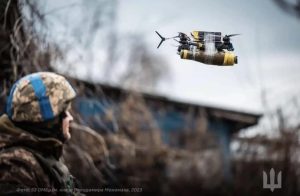


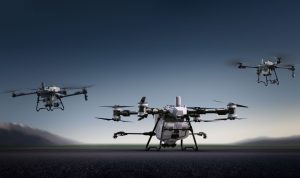
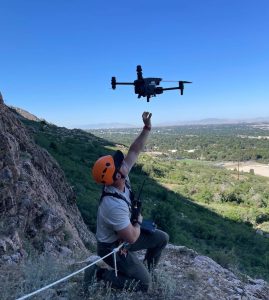
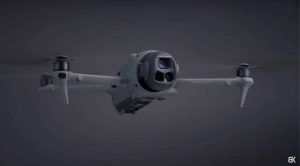

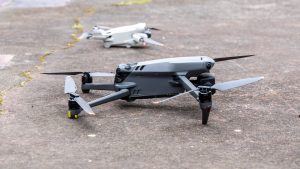
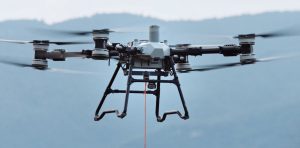


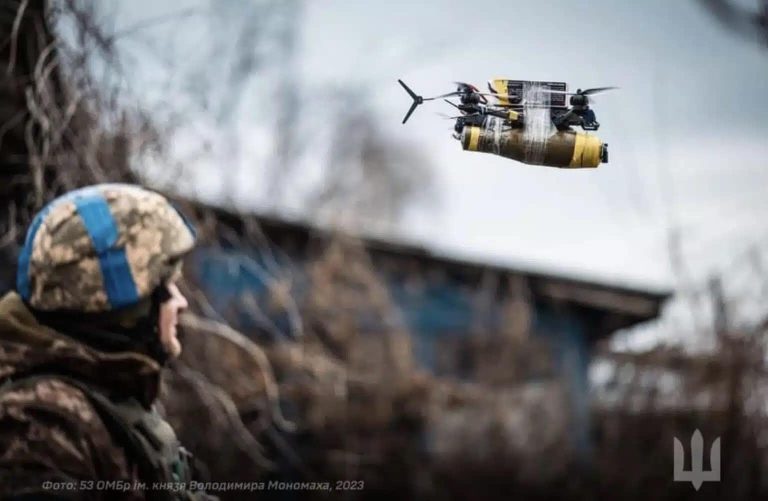


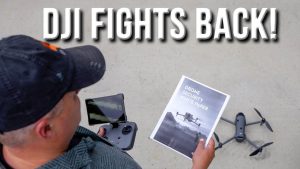
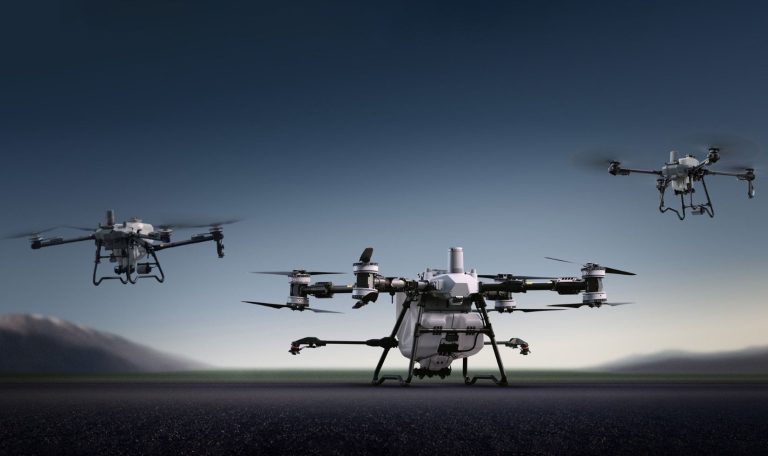
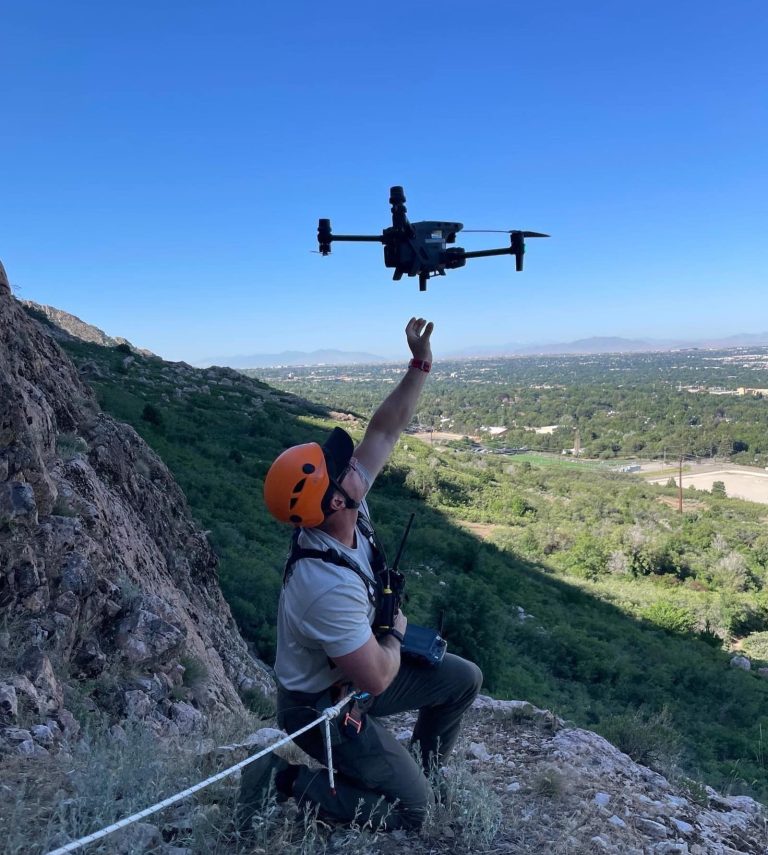
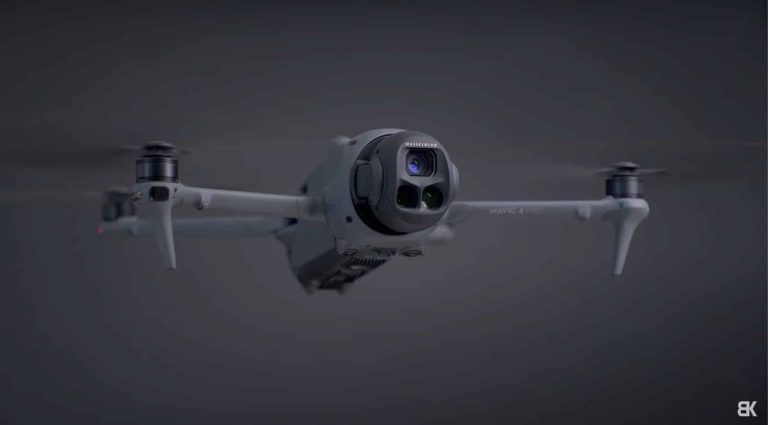

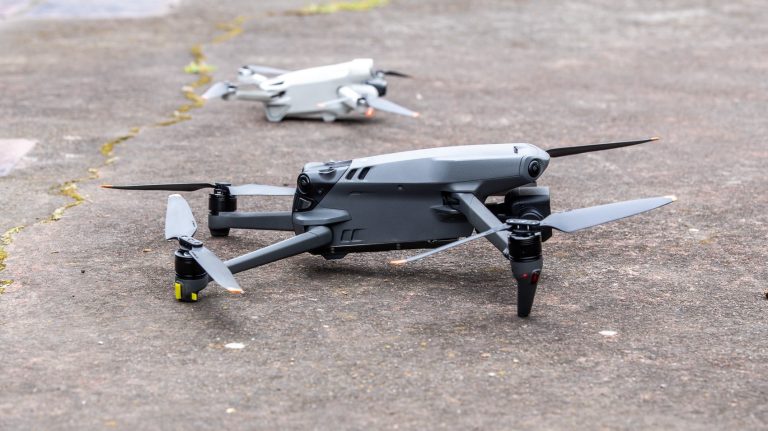
+ There are no comments
Add yours